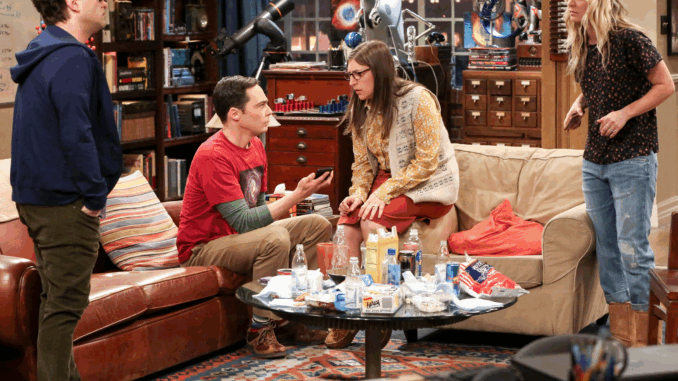
When The Big Bang Theory premiered in 2007, few could have predicted it would become one of the most beloved and longest-running sitcoms in television history. Created by Chuck Lorre and Bill Prady, the show began with a simple premise: two socially awkward physicists and their interactions with the world outside their lab — particularly with their neighbor, Penny, a struggling actress with street smarts and social charm.
What followed was 12 seasons of laughter, growth, and a cultural shift that redefined how “nerd culture” was viewed on screen.
A Sitcom That Made Science Cool
One of the show’s most significant achievements was making science — and scientists — cool. Characters like Sheldon Cooper (Jim Parsons), Leonard Hofstadter (Johnny Galecki), Howard Wolowitz (Simon Helberg), and Raj Koothrappali (Kunal Nayyar) brought humor and humanity to careers often overlooked in pop culture. Whether discussing quantum mechanics or arguing over comic book lore, the series struck a balance between smart writing and mainstream appeal.
Physicist Dr. David Saltzberg, a consultant on the show, ensured that the science remained accurate and meaningful — even if it was wrapped in jokes.

Award-Winning Performances and Record-Breaking Success
Jim Parsons’ portrayal of Sheldon earned him four Emmy Awards for Outstanding Lead Actor in a Comedy Series. Kaley Cuoco (Penny), Mayim Bialik (Amy), and Melissa Rauch (Bernadette) brought emotional depth and comedic timing that helped balance the ensemble cast.
By the time the show ended in 2019, it had aired 279 episodes and became the longest-running multi-camera sitcom in history. It also paved the way for the successful spin-off Young Sheldon, which explores the early life of Sheldon Cooper and continues to draw strong ratings.
The End of an Era — and a New Beginning
The decision to end the series came as a surprise to fans and even cast members, sparked by Jim Parsons’ desire to move on after season 12. Though many were sad to see it go, the show concluded on a high note, with Sheldon and Amy receiving the Nobel Prize in Physics — a perfect tribute to the series’ brainy spirit.
Since the finale, The Big Bang Theory has continued to thrive in syndication and on streaming platforms, gaining new fans and cementing its place as a modern classic.
Final Thoughts
The Big Bang Theory was more than just a sitcom. It was a celebration of intellect, friendship, love, and the quirks that make us who we are. Whether you connected with Sheldon’s obsession with order, Penny’s big-hearted energy, or Leonard’s awkward charm, the show offered something for everyone.
And as Sheldon once said, “It’s the end of an era… but not the end of the universe.”